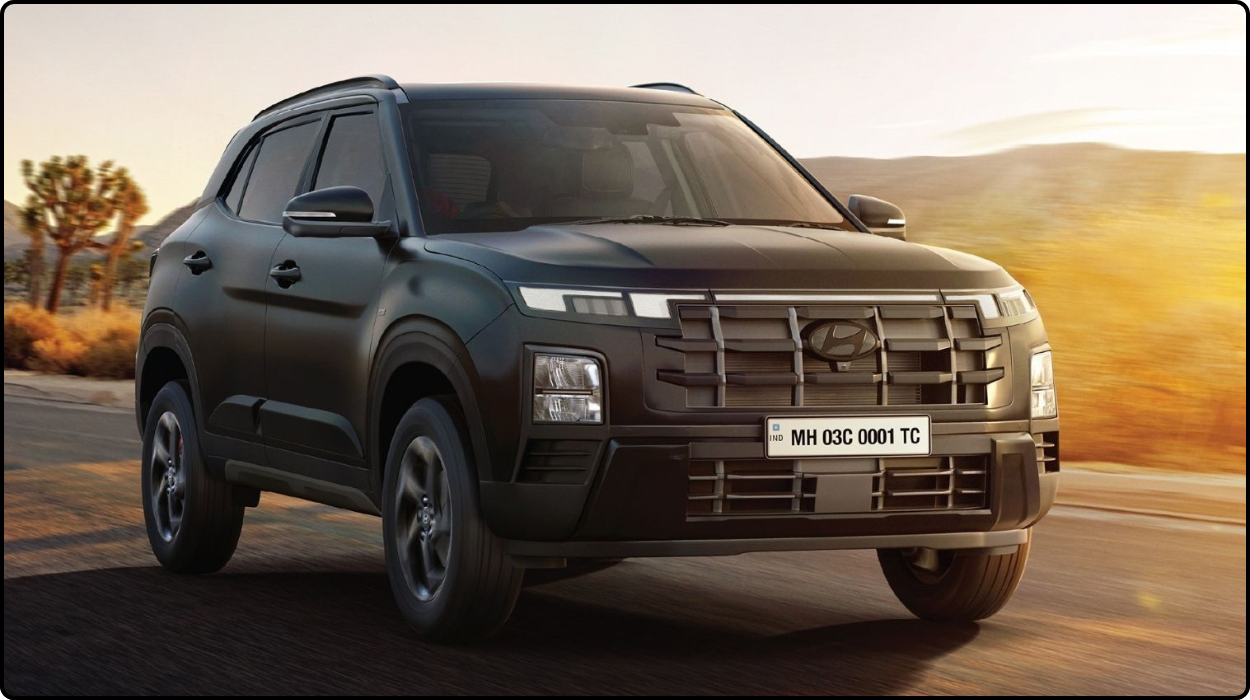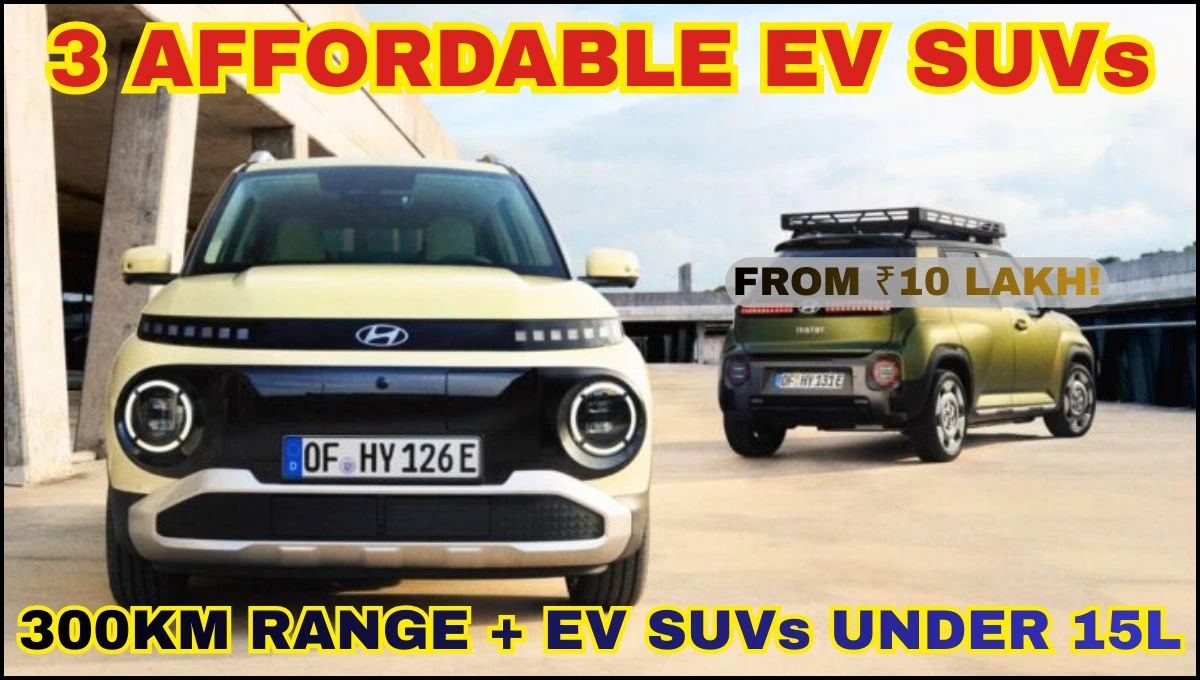Hyundai car prices reduced in India by up to Rs 2.40 lakh under GST 2.0. From Grand i10 Nios to Tucson, check the complete model-wise price reduction, tax reforms, and FAQs about Hyundai cars after GST 2.0.
Hyundai Car Prices Reduced: Big Relief for Buyers
The Indian automotive industry has welcomed a major reform with the implementation of GST 2.0, effective from September 22, 2025. One of the biggest beneficiaries of this tax reform is Hyundai India, which has officially announced that Hyundai car prices reduced across its entire lineup. Customers can now enjoy price cuts of up to Rs 2.40 lakh, making Hyundai models more affordable and competitive in the domestic market.
Hyundai joins the ranks of Renault, Toyota, and Mahindra, who have also slashed prices to pass on the benefits of GST 2.0 directly to customers.
Why Hyundai Car Prices Reduced Under GST 2.0?
Under the new GST 2.0 tax regime, the government has reduced taxes on passenger vehicles to boost personal mobility, encourage car ownership, and strengthen the Indian auto sector.
- Petrol and diesel cars under 4 meters now attract 18% GST instead of the previous 29% (28% GST + 1% cess for petrol) and 31% (28% GST + 3% cess for diesel).
- Big SUVs and luxury vehicles now fall under the 40% slab, compared to the earlier 48% category.
- EVs remain unchanged at 5% GST, meaning their prices stay the same.
This rationalization has allowed Hyundai to cut prices across hatchbacks, sedans, and SUVs, passing the entire benefit to customers.
Hyundai Car Prices Reduced: Model-Wise Breakdown
Hyundai retails 9 models in India, ranging from compact hatchbacks to luxury SUVs. Here’s how much each car has become cheaper under GST 2.0.
Hatchbacks and Compact Cars
- Grand i10 Nios – Price reduced by up to Rs 73,808
- Aura – Price cut by Rs 78,465
- Exter – Cheaper by Rs 89,209
- i20 – Reduced by Rs 98,053
- i20 N Line – Price slash of Rs 1.08 lakh, making the sporty hatchback more attractive
SUV Lineup
- Venue – Price cut by Rs 1.24 lakh
- Venue N Line – Reduced by Rs 1.19 lakh
- Creta – Cheaper by Rs 72,145
- Creta N Line – Price reduced by Rs 71,762
- Alcazar (7-seater SUV) – Reduced by Rs 75,376
- Tucson (premium SUV) – Biggest reduction of Rs 2.40 lakh
Sedan
-
Verna – Becomes cheaper by Rs 60,460
Hyundai India’s Statement on Price Reduction
Commenting on the decision, Mr. Unsoo Kim, Managing Director, Hyundai Motor India Limited, said:
“We sincerely appreciate the progressive and far-sighted move by the Government of India to reduce GST on passenger vehicles. This reform is not only a boost to the automotive industry but also a strong step towards empowering millions of customers by making personal mobility more affordable and accessible.”
He further added that Hyundai cars and SUVs will continue to deliver value, innovation, and joy of driving while staying aligned with India’s vision of Viksit Bharat (Developed India).
How GST 2.0 Impacts Hyundai Customers
With Hyundai car prices reduced, here’s what it means for customers:
- Affordability – Entry-level cars like the Nios, Exter, and Aura are now well within the budget of first-time buyers.
- Mid-Segment Value – Bestsellers like i20, Venue, and Creta have become cheaper, giving them an edge in the competitive mid-size car market.
- SUV Luxury Advantage – Premium buyers benefit the most with the Tucson seeing a reduction of Rs 2.40 lakh.
- No Change in EVs – Hyundai’s EV lineup, such as the Ioniq 5, continues at the same price due to no change in GST for electric cars.
Also Read : HSRP Number Plate – Important benefits and great information to avoid fines
Why This Move is Significant for the Indian Market
The reduction in Hyundai car prices is expected to:
- Boost sales ahead of the festive season.
- Attract first-time car buyers with affordable hatchbacks.
- Strengthen Hyundai’s position in the SUV segment where Creta and Venue already dominate.
- Encourage luxury car buyers to choose bigger SUVs like the Alcazar and Tucson.
This move could also pressure rival brands to offer bigger discounts or benefits, ensuring a highly competitive car market in India.
FAQs on Hyundai Car Prices Reduced
1. Why are Hyundai car prices reduced in 2025?
Hyundai reduced prices due to the new GST 2.0 reforms, which lowered tax rates on petrol and diesel passenger cars, making them more affordable.
2. Which Hyundai model got the biggest price cut?
The premium SUV Hyundai Tucson saw the highest reduction of Rs 2.40 lakh.
Also Read : BYD Atto 2 Midsize Electric SUV Launched in India – Features, Specs, Price & Range
3. Are Hyundai electric cars cheaper now?
No, EVs remain under the 5% GST slab, so their prices are unchanged.
4. What is the new price cut for Hyundai Creta?
The Hyundai Creta is cheaper by Rs 72,145, while the Creta N Line is reduced by Rs 71,762.
5. When will the new prices be effective?
The revised prices will be effective from September 22, 2025, as GST 2.0 comes into effect.
6. Does this affect luxury Hyundai SUVs?
Yes, luxury SUVs like Alcazar and Tucson have seen major reductions. The Tucson benefits the most with Rs 2.40 lakh price cut.
7. Is Hyundai the only company reducing prices?
No, brands like Renault, Toyota, and Mahindra have also announced price cuts, but Hyundai’s reductions are among the most significant.
8. Will this impact resale value of old Hyundai cars?
Yes, resale value of older models may adjust slightly due to lower new car prices, but Hyundai’s strong brand demand will balance the impact.
9. Which segment benefits the most from GST 2.0?
SUV buyers and mid-segment car buyers benefit the most, with Venue, Creta, and Tucson offering significant savings.
10. What is Hyundai’s future plan after GST 2.0?
Hyundai aims to strengthen its affordable mobility strategy, expand its SUV dominance, and continue investing in EVs and future mobility while aligning with India’s growth vision.
The announcement of Hyundai car prices reduced under GST 2.0 has created a wave of excitement in the Indian car market. From entry-level hatchbacks like the Grand i10 Nios to luxury SUVs like the Tucson, the benefits are spread across Hyundai’s entire portfolio.









